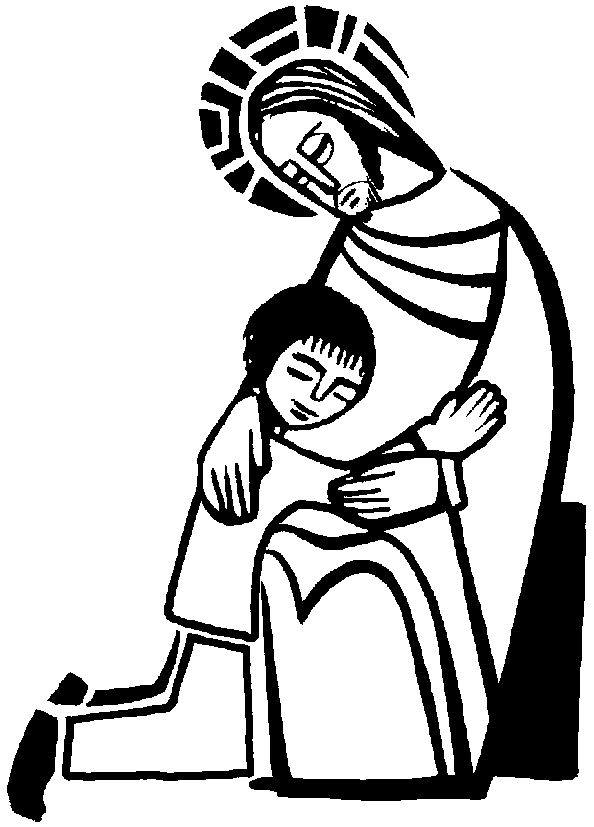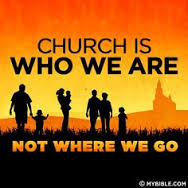A few weeks ago, The Washington Post ran the article “Join Wall Street. Save the World”. It was about individuals taking high paying jobs—in finance or banking for example—so that they could donate more money to those in need. One of those featured individual was Jason Trigg who hoped to earn $100,000 and give half of it away each year. His logic, and those like him, is clear.
The more he makes, the more good he can do. He’s figured out just how to take measure of his contribution. His outlet of choice is the Against Malaria Foundation, considered one of the world’s most effective charities. It estimates that a $2,500 donation can save one life. A quantitative analyst at Trigg’s hedge fund can earn well more than $100,000 a year. By giving away half of a high finance salary, Trigg says, he can save many more lives than he could on an academic’s salary.
This “calculation” to help finds echoes in the The Economist’s article “Toward the End of Poverty”. It noted that between “1990 and 2010, their number [those in extreme poverty, living below $1.25 a day] fell by half as a share of the total population in developing countries, from 43% to 21%—a reduction of almost 1 billion people.” They attribute this to two main reasons: the growth of economies and increased equality between countries. In other words, the result is from expanding capitalism and better distribution of the wealth generated by it.
Christians should be thrilled by this progress and laud the commitments of people like Trigg. They are good news and welcome complements and supplement to the work Christians are engaged in, like that of CRS and Catholic Charities. As Jesus reminded his disciples, “Whoever is not against you is for you.” (Luke 9:50)
My only comment is a friendly qualifier. It is similar to Give Well’s blog post that notes that helping others should not just be reduced to a simple metric of “$X saves a life”. I do not want to down play the importance of the help basic material goods can bring to people. I have seen how a meal or a box of food can make a significant difference to the poor in Appalachia, easing the stress and strain at the end of the month.
Yet, the quantifying perspective runs the risk of reducing help to numbers. There are echoes of it in the phrase “more than on an academic’s salary” and in the Economist’s noting the focus on the “yardstick for measuring progress” toward ending poverty.
The “reduction to numbers” is not so much “dehumanizing” as the money and goods do help. The problem seems to be that it creates a metric for dividing people. The implication, albeit implicit, is that “Because I help more, I am better.” The reverse captures it a bit better, “the less you help, the worse a person you are.” Who falls into this latter category? Not only those who help in different ways but also the people who benefit from the goods, the parents of the children struggling to provide the needed resources, and the friends and neighbors of these people. There runs the risk, if the quantifying perspective is absolutized, of denigrating the very people trying to be helped as well as marginalizing human relationships and others who help through different means. In other words, the help could come at the cost of human dignity.
St. Vincent de Paul says what I am thinking better,
You will find that charity is a heavy burden to carry, heavier than the bowl of soup and the full basket. But you will keep your gentleness and your smile. It is not enough to give bread and soup. This the rich can do. You are the servant of the poor… They are your masters, and the more difficult they will be, the unjust and insulting, the more love you must give them. It is for your love alone that the poor will forgive you the bread you give them.
This I think is a good reminder. We are not above, helping the poor below us. It should be mutual aid, growing into mutual compassion. The goal is to befriend one another. How do the poor help us? The early Christians believed that the prayers of the poor were the most efficacious. They concluded this not only because God showed consistent concern for the poor but also, through the incarnation, became one who was poor. Just as we should use our resources to help, those we help reveal God to us, reminding us that people are more important than money. They help us order our goods and lives toward God and neighbor. This understanding, if truly adhered to, will keep the generous financial donations oriented toward bonds of charity and friendship instead of generating new barriers and divisions between people.





We might be wary of over thinking this. If our neighbor’s house is on fire, it’s not our philosophical insights that they require.
Anything can be over done, including counting things with numbers. But if counting money donated helps us move farther along the road from self obsession to service, let’s not be too hasty about diluting any motivation that works. We’re just human beings after all, not saints or gods.
Given that not everybody makes $100,000+, I’m interested in how we can convert things we’re already doing in to service for good causes.
I’m a web technician and am interested in setting up a free blog and forum network that would donate all ad income to charity. You know, millions of people are typing online, but the vast majority of the ad income from that content goes to people who are already rich, Google and Facebook stockholders etc.
I need help finding existing communities that would be interested in converting the online typing they’re already doing in to income for charities, and will welcome any advice.
This is a very good reminder. We should not only offer material things because above all, they need compassion much more than just that. This post made me realize that we are to give to the poor to remind them of God’s love and kindness. Thank you for this very insightful article! May God bless you!
We should, to the best of our limited ability, give the needy what they ask of us.
Hungry people usually ask for food. Homeless people usually ask for homes. Penniless people usually ask for cash. Each of us would likely do the same thing if we found ourselves in that situation.
We should resist the very human temptation to make the situation about us. Giving has nothing to do with us and our religion and philosophy etc, except in our own private hearts and minds. Giving is about assisting the recipient in meeting their own goals, as they define them.
The giving of money, while needed, is but a small part of helping the poor. Economic poverty leads to illness, system failure, and a sense of worthlessness. Most of the effects of poverty are not alleviated with cash, it takes Love. Each time we find ourselves in a position to remove the pain of another we have an opportunity to help the poor. Today, particularly, we all know someone who is one layoff away from serious poverty. Sometimes it is the small kindness that makes the biggest difference to a persons day.